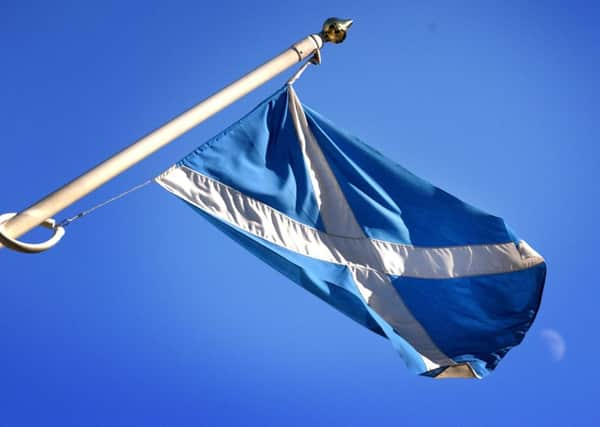Scottish independence: Global reaction


Why would foreign leaders get involved?
ACCORDING to Brad MacKay, the head of the Strategy & International Business Group at the University of Edinburgh, there are three key reasons why foreign governments might be against Scottish independence.
MacKay points to unease over the resources needed for negotiations with an independent Scotland and the rest of the UK, the general influence and stability of the UK when it comes to foreign policy, and the potential for a “chain reaction” of further independence and secession movements in countries with distinct cultural or ethnic groups.
Catalonia
Advertisement
Hide AdAdvertisement
Hide AdTHE Catalan president Artur Mas has been one of the international community’s most vocal supporters of the referendum, feeling that it could act as a precedent in his own region’s bid for independence from Spain.
In an interview with CNN’s Christiane Amanpour earlier this year, Mas said that he hoped the Scottish referendum could help set the course for a Catalan independence bid.
The USA
PRESIDENT Barack Obama made a dramatic intervention in the referendum campaign in June, when he called on Scots to vote against independence.
Obama remarked that the UK appeared to have “worked pretty well”, and noted the strength of the alliance between the two states. However, it was later claimed that Obama’s comments were prompted by the UK government, with a Scottish government source claiming that an Obama aide revealed the truth behind the remarks.
China
THE Chinese Premier, Li Keqiang, called for a “strong, prosperous and united United Kingdom” during a press conference in London.
Chinese experience of secessionist and autonomous regions has been suggested as one possible reason for Li’s endorsement of the union, while some have argued that the backing is an easy way for the country to gain diplomatic brownie points.
Australia
ONE of the more controversial moments of the referendum debate saw Australian prime minister Tony Abbott state that the world ’would not be helped’ by Scottish independence.
The remarks were attacked by Alex Salmond, who described Abbot’s comments as “bewildering”.
Canada
Advertisement
Hide AdAdvertisement
Hide AdWITH its history of independence movements, it’s perhaps no surprise that Canadian prime minister Stephen Harper has spoken out against a ‘Yes’ vote in the referendum.
Harper stated that it would not be in ”global interests or frankly the interests of the people in those countries” for Scotland to declare independence, and cited the ongoing challenges of globalisation and increased competition as problems that an independent Scotland could not solve alone.
Sweden
FORMER Swedish prime minister Carl Bildt attracted attention earlier this year when he claimed that Scottish independence could lead to the ”Balkanisation” of the British Isles.
Bildt suggested that a ‘Yes’ vote could have a knock-on effect on Northern Ireland as well as destabilising the UK; Bildt also argued that the UK should remain in the European Union amid suggestions of a UK referendum on EU membership.